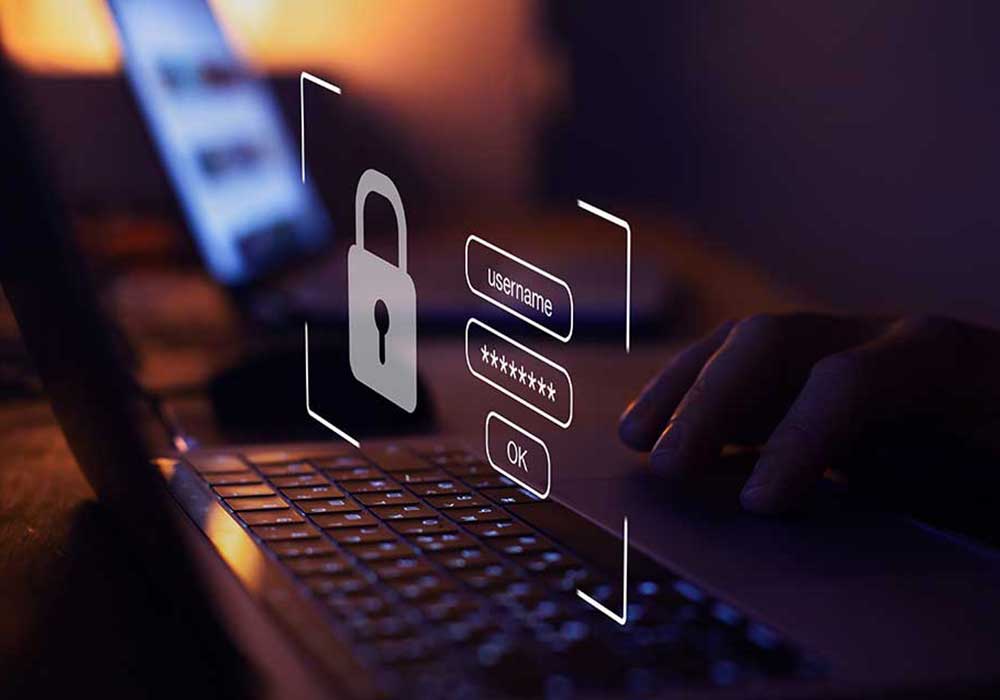If you do not want your computers to be hacked train your staff to raise password security

Most people know that using a weak password is bad. But what many people don't realize is just how bad it can be to use one of the most popular passwords. A few years ago, data analyst Mark Burnett compiled a list of the 100 most popular passwords from leaked user databases and determined how many times each one had been seen in these breaches. This list found that some of the most common passwords were also among the easiest for hackers to crack:
The most popular passwords
If your password is any of these, it may be time to change it.
- "123456" and "password" are the most common passwords on the internet. According to a 2017 report from SplashData, these two options have been at the top of the list since 2012. Since then, they've been joined by:
- "123456789"
- "qwerty", which refers to a keyboard layout that's commonly used by touch typists (the center row has QWERTY as its first six letters)
- "12345678".
Popularity from a bad place
The most popular passwords are the ones that people use because they're easy to remember. This means that your choice of password is influenced by factors like how long you can keep it in memory, how many characters it has, and how easy it is to type. This can lead you down the path of choosing something like "123456789" or "qwerty," which are both common and easy to type. If you have multiple online accounts with similar passwords (for instance, one for personal email and one for work email), then hackers could easily try all of them at once since they're all using the same password or variations on a theme—and if a hacker does get into one account using this method he'll know exactly where to look next!
A focus on security
But it’s not just about the office, and it’s not just about your personal security either. You should take all aspects of your life seriously and make sure they are as secure as possible. This means that you don’t let yourself get complacent or lazy, or fall victim to scams or identity theft.
You need to know that the best way to protect yourself from hackers is by using strong passwords for every account that you have online — whether that be email accounts, social media profiles or financial institutions.
The world has changed a lot since we used words like “password123″ and “qwerty123″ for our online accounts (and even before then with simple pen-and-paper passwords). We have better technology at our fingertips now – but unfortunately so do hackers!
Some more examples of the worst passwords
- 123456
- password
- qwerty
- 12345678
- abc123
- 111111
- 123456789
- 1234567890
- Pet's names
- Birthdays
Why people use such a bad password
You might be wondering how people come up with their passwords. Many of the most common passwords are very obvious and easy to guess, while others are more obscure or random.
The first reason someone would use a weak password is because they don't know any better, but this isn't usually the case. People know enough about security for it not to be a total surprise when their accounts get hacked, yet they still choose these types of passwords anyway—so what gives?
One way we can help ourselves avoid bad choices is by understanding why we make them in the first place—and one thing that many people have in common is that they're just trying too hard. We try so hard not to forget our password that we end up writing it on sticky notes around our computer desk or putting it into an email so we'll remember later (which may seem like a good idea at first glance).
Poor alternatives to the worst passwords
If you're looking to improve your passwords, here are a few tips.
Use a password manager. This is an app that stores all of your passwords and generates new ones when needed. It encrypts them and keeps them safe, but also makes it easy for you to log into websites without having to remember any of the details. If you don't want to use one of these apps (or if they don't work on your device), consider using strong, random, long and unique passwords for every website that requires one.
Use a good password manager. Most people don't realize just how many options there are when it comes to choosing the best password manager for their needs—there are hundreds! Some of these programs offer more advanced features than others; some cost nothing; others charge monthly fees or offer free versions with advertisements between login screens. But each will do its job well: generate strong passwords quickly and store those credentials securely so that no one can access them but yourself (and maybe someone else who knows how).
There is no excuse for using one of these poor passwords.
- 123456 (10% of employees)
- Password (8% of employees)
- 12345678 (7% of employees)
- qwerty (5% of employees)
- Your pet's name
- Your children's names
- Your birthday
The bottom line is that there is no excuse for using one of these poor passwords. We all want our files to be hacked, but this isn’t the way to do it! The best way to stay secure is by using complex passwords and not relying on one single password that can easily be cracked.
SHARE THIS BLOG ARTICLE
Blog article information
Blog article date:
26 th
Oct 2022
Posted by Francis O
Tags IT Support, Password Security, Workstation Security, Staff Training
Related service pages
Please use the following links to go directly to our services pages that relate to this blog article.
IT Support London
Guaranteed IT Support
Anti Virus Solutions
Back to Blogs